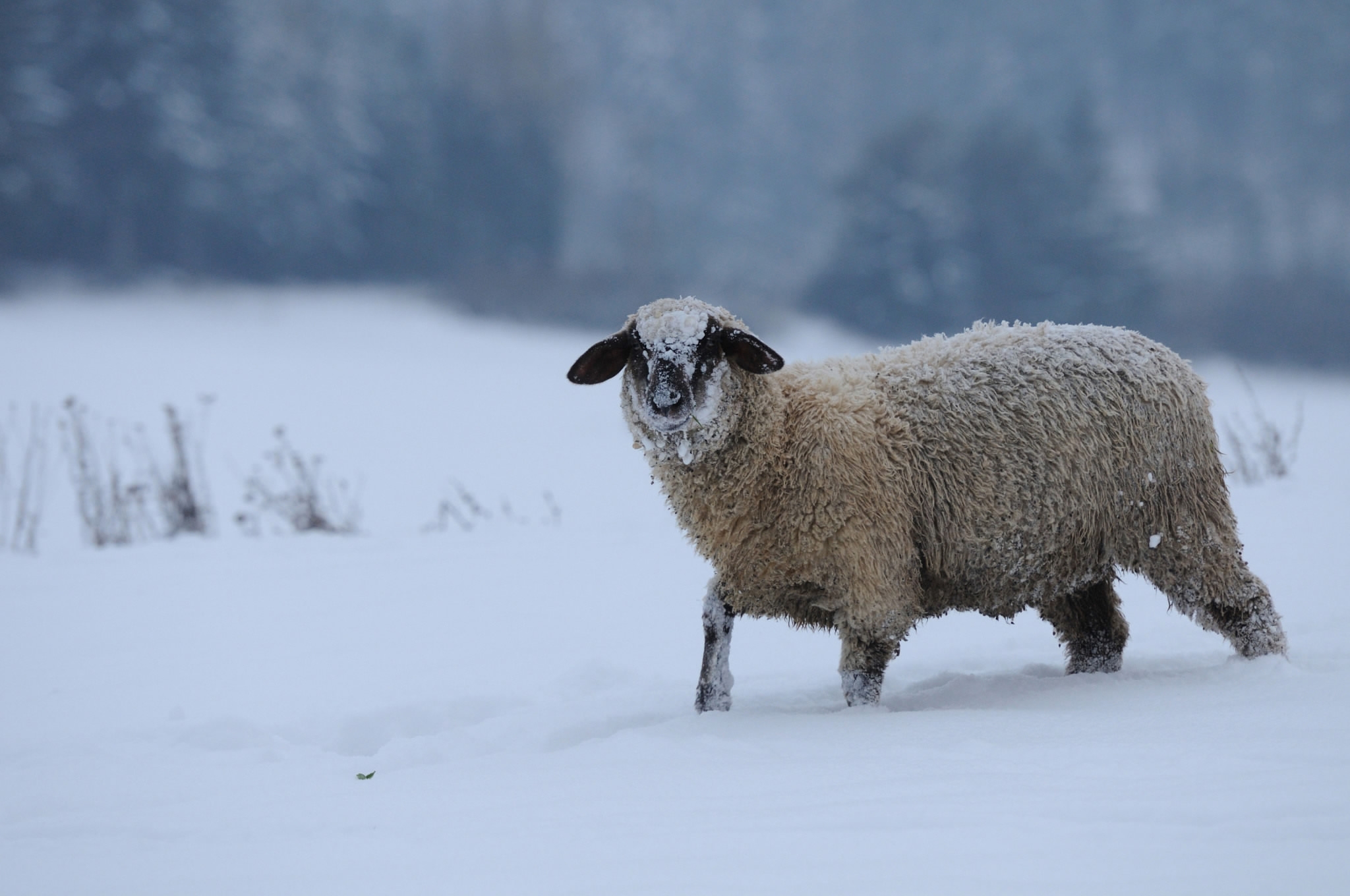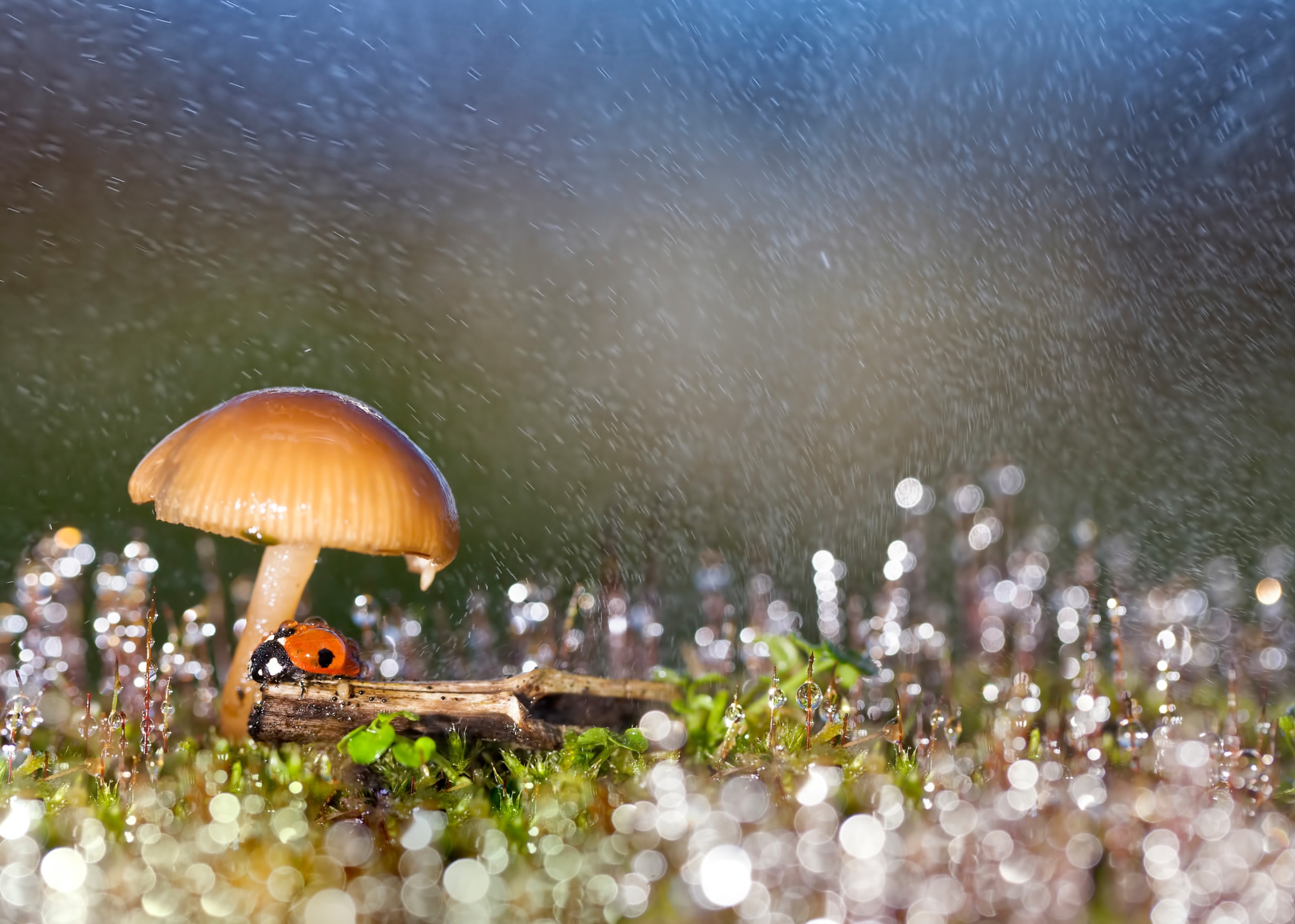An international team of researchers has found that rain and snow may play a more important role than how hot or cold it is for the evolution of plants and animals.
By reviewing 168 published studies that measured natural selection over certain time periods for plant and animal populations worldwide, the team concluded that between 20 and 40 percent of variation in selection within studies could be attributed to variability in local precipitation.
The 20 biologists from the United States, Canada, Europe and Australia published their findings in the journal Science.

Sheep walking in snow / CFP Photo
"We demonstrate that variation in selection is commonly coupled to shared climatic conditions, particularly aspects of precipitation," said Stephanie Carlson, associate professor of freshwater fish ecology at the University of California, Berkeley, and a co-author on the study.
"Whether or not adaptive evolution will occur in response to this selection is unclear, but our results do suggest that climate change has the potential to alter adaptation across the globe." Carlson said.

Ladybird under a mushroom in rain / CFP Photo
"This is significant, especially considering the global scale of the study," Adam Siepielski, assistant professor at the University of Arkansas and study leader, was quoted as saying in a news release from UC Berkeley.
"These results also suggest that variation in selection is actually partly predictable based on shared climate features like precipitation." Siepielski said.
Meanwhile, the team found that changes in temperature had much less effect than precipitation. "Temperature didn't have much explanatory power," Siepielski said. "It might act on a different scale that we couldn't pick up in the data set."
(Source: Xinhua)









